-
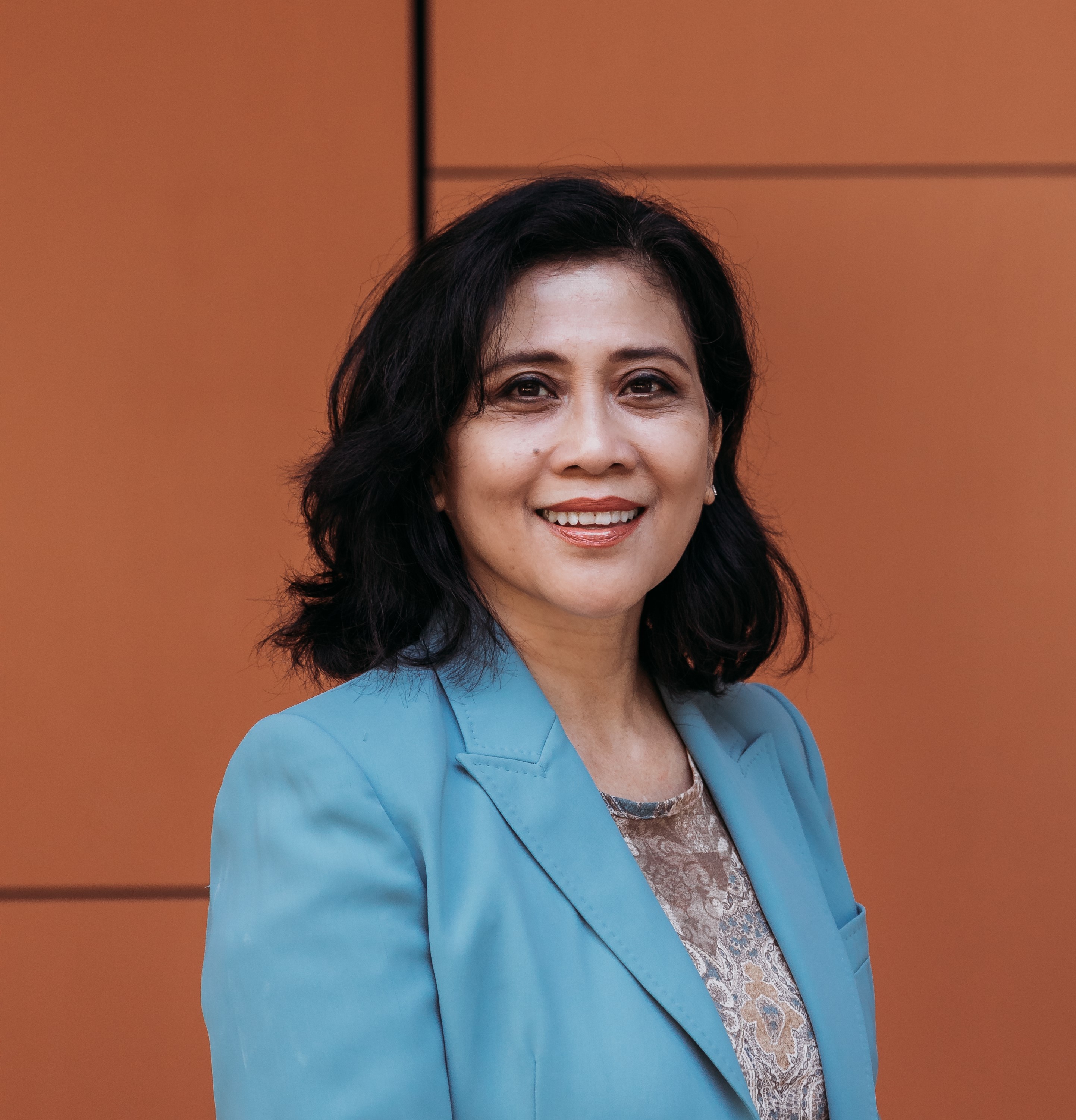
Maria Rosario (Happy) G. Araneta PhD, MPH
Associate Director
Maria Rosario (Happy) G. Araneta PhD, MPH, is Associate Dean of Diversity and Community Partnerships and Professor of Epidemiology in the Department of Family Medicine. Her research interests include maternal and pediatric HIV/AIDS, birth defects, life course exposures, social determinants of health, and health disparities. She received her BA in Biology from UCSD and her MPH and PhD in Epidemiology from Yale University She is the co-Principal Investigator of the Diabetes Prevention Program Outcomes Study (DPPOS) where UC San Diego is one of 25 participating sites. This longitudinal study, with over 20 years of follow-up, aims to identify the risk factors, mechanisms, and neuropathology of cognitive impairment in persons with pre-diabetes and type 2 diabetes, during the current funding cycle. Dr. Araneta is the PI of the UCSD Filipino Health Study, a longitudinal study of myriad health outcomes among Filipino men and women, co-investigator of the Rancho Bernardo Study, where she leads research on health disparities in osteoporosis, type 2 diabetes, and cardiovascular disease among elder White, Filipino and Black women (Health Assessment Study of African-American Women). She served as a perinatal epidemiologist for the UC San Diego Mother, Child and Adolescent HIV Program, was a co-investigator on maternal and perinatal HIV studies in Mexico, and co-investigator to assess health advantages and disparities in reproductive outcomes by race/ethnicity and nativity. Her prior research included studies on birth defects and adverse reproductive outcomes among Gulf War veterans, HIV transmission through donor artificial insemination, mother-to-child HIV/AIDS transmission, and behavioral intervention studies, including restorative yoga, active stretch and Zumba Fitness to reduce components of the metabolic syndrome. Dr. Araneta received the 2014 American Diabetes Association’s Vivian Fonseca and Nagendran Family Diabetes Research Award for her research on diabetes among Asians and Pacific Islanders, the Best of Care Award as author of the leading 9 publications in "Diabetes Care" in 2015, and the Inaugural Wing Family Lectureship at the Joslin Diabetes Center, Harvard Medical School in 2017. She was appointed to a four year term on the NIH Advisory Council for the National Institute on Minority Health and Health Disparities from 2015 to 2019, and selected to serve on the NIH Council of Councils from 2018 to 2024.
-
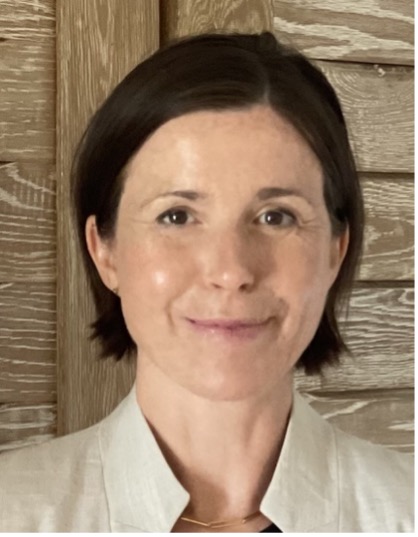
Sarah Banks, Ph.D.
Associate Director
Dr. Sarah Banks is Associate Professor in Neurosciences and Psychiatry, and Director of the Neuropsychology Program of the UCSD Health Center for Brain Health and Memory Disorders. Her research focuses on Alzheimer’s disease, with specific interest in sex differences and how to modify risk. She co-leads three labs: The Human Memory Lab emphasizes neuroimaging and multimodal characterization of Alzheimer’s; The Women Inflammation and Tau Study dedicated to studying risk factors for Alzheimer’s in women (https://www.witsucsd.org); and the Healthy Actions and Lifestyles to Avoid Dementia (HALT-AD) study works to educate and empower participants on avoiding cognitive decline with aging through modifiable factors such as sleep, diet and exercise. Her clinical program helps with the diagnosis and care of patients with suspected memory conditions. She is also active in teaching and mentoring clinicians and researchers.
-

Colin A. Depp, Ph.D.
Associate Director
As a clinician scientist, Colin Depp’s research has focused on technology-based longitudinal assessment and real-time interventions in mental health, in particular mobile technology applications in serious mental illnesses. Dr. Depp has been fortunate to receive as PI several NIMH and VA grants, each concerned with evaluation of technology enhanced assessments and cognitive and behavioral real-time interventions. He is a co-investigator on several other NIH and foundation-funded projects that deliver multi-component behavioral interventions and incorporate use of technology to assess and modify suicide risk, cognitive ability, and other mental health outcomes. Dr. Depp is also the Director of Research Education and Training at the Clinical and Translational Research Institute at the University of California, San Diego and is active in the role of mentoring clinician scientists in multiple training programs. This position has led him to be increasingly involved in inter-disciplinary education programs, and developing team science in collaboration with clinicians, engineers, and bionformaticians, as well as in creating novel training opportunities in entrepreneurship in medical devices. Clinically, he is a practicing clinical psychologist in the VA San Diego where he mentors and clinically supervises residents, fellows, graduate students, and interns.
-

Benjamin Smarr, Ph.D.
Associate Director
Dr. Smarr's research focuses on time series analysis in biological systems. He emphasizes practical information extraction for translational applications. His background in biological rhythms and neuroendocrinology gives him a rare perspective into the current challenges for data science and engineering on biological systems. His lab develops novel approaches to get more information out of data generated over time and within-individuals. Prof. Smarr's aim is to leverage his expertise in biological dynamics to increase precision in health algorithms, with a special focus on increasing equity of health tech efficacy over diverse populations. Dr. Smarr has received fellowships and funding from NSF, NIH, DoD, and many private partners, and his views have been featured by prominent media outlets, including BBC, Forbes, WIRED, and many others. He received his PhD from University of Washington and was a postdoc at UC Berkeley before joining the Shu Chen-Gene Lay Department of Bioengineering and the Halicioglu Data Science Institute at UCSD.
-
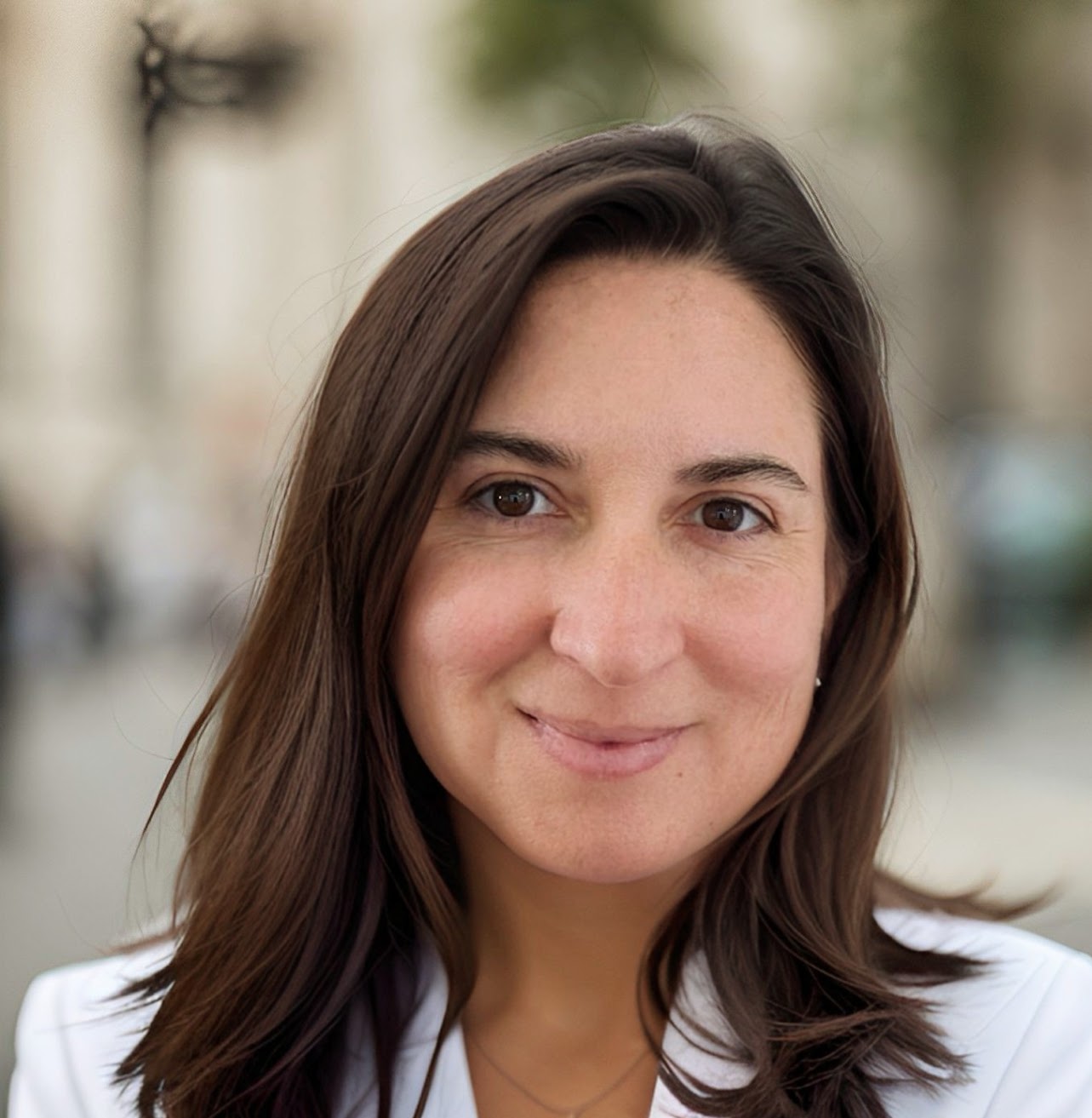
Zvinka Zlatar, Ph.D.
Associate Director
Dr. Zvinka Zlatar is a neuropsychologist and Associate Professor of Psychiatry at UC San Diego. Her research focuses on developing and deploying innovative, person-centered digital health interventions designed to reduce the risk of Alzheimer’s disease and related dementias (ADRD) in older adults. By moving beyond traditional laboratory-based protocols, Dr. Zlatar implements real-world, free-living approaches that target modifiable lifestyle factors—such as increasing physical activity and reducing sedentary time—to promote brain and cognitive health in aging. She also studies early detection of ADRD among older adults who have not been well represented in prior clinical research.
-
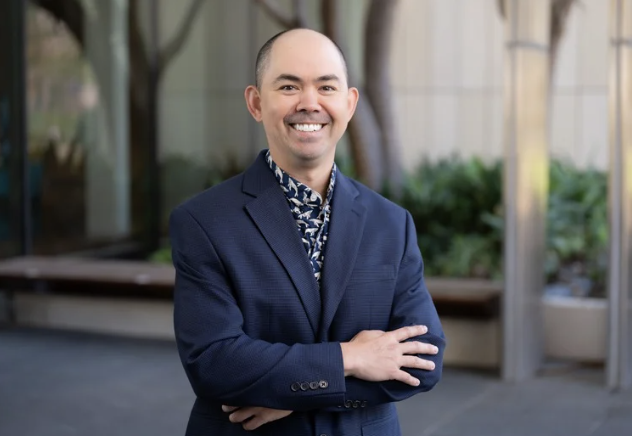
Michael Corley, Ph.D.
Dr. Michael J. Corley is an Associate Professor in Medicine within the Division of Geriatrics, Gerontology, & Palliative Care and The Stein Institute for Research on Aging. He received his undergraduate degree from UCSD and a MA and PhD in Behavioral Neuroscience from the University of Hawaii and completed postdoctoral training at the John A. Burns School of Medicine in epigenetics, immunology, and infectious diseases. Dr. Corley leads a global epigenetics research program focusing on understanding the interplay between the immune system, viruses, and aging. His laboratory is at the forefront of generating critical data to advance the development, validation, and implementation of novel biomarkers and therapeutics aimed at promoting longevity. -
Benjamin Han, M.D., M.P.H.
Benjamin Han, MD, MPH, is a geriatrician, addiction medicine physician, and clinician-researcher in the Division of Geriatrics, Gerontology, and Palliative Care in the Department of Medicine at UC San Diego. He is a primary care physician at the Jennifer Moreno Department of Veterans Affairs Medical Center, where he also co-leads the syringe service program (SSP-Access to Care Program) that integrates harm reduction interventions with chronic disease management and low-barrier substance use disorder treatment. His research focuses on the intersection of chronic medical disease and psychoactive substance use and includes 1) Epidemiological studies examining national trends in drug and alcohol use among older adults; 2) Assessing the health status of older adults with opioid use disorder who receive care in opioid treatment programs; and 3) Delivering harm reduction interventions specific for older adults to reduce harms related to drug use and reduce overdose risks. -
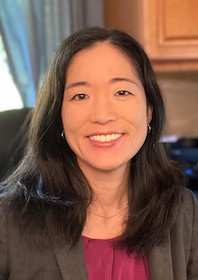
Ellen Lee, M.D.
Ellen E. Lee, MD is the Estelle and Edgar Levi Memorial Chair in Aging, Associate Professor, Division Chief of Geriatric Psychiatry, and Program Director of the Geriatric Psychiatry Fellowship at the University of California San Diego. She is a Staff Psychiatrist and a researcher in the Desert-Pacific Mental Illness Research Education and Clinical Center at the VA San Diego Healthcare System. Dr. Lee’s research focuses on biological and psychosocial aging in persons with schizophrenia and healthy aging populations. Her research has been funded by grants from the National Institute of Mental Health, the Brain & Behavior Research Foundation, and Desert-Pacific Mental Illness Research, Education and Clinical Center. She has published over 100 peer-reviewed journal articles and received numerous awards including the 2019 Member-in-Training Research Award from the American Association for Geriatric Psychiatry, 2020 Klerman Prize for outstanding achievement in clinical research from the Brain & Behavior Research Foundation, the 2021 Kempf Fund Award for Research Development in Psychobiological Psychiatry from the American Psychiatric Association/American Psychiatric Association Foundation. She is a member of the Scientific Council of the Brain & Behavior Research Foundation, Associate member of the American College of Neuropsychopharmacology, and Editorial Board member of the American Journal of Geriatric Psychiatry.